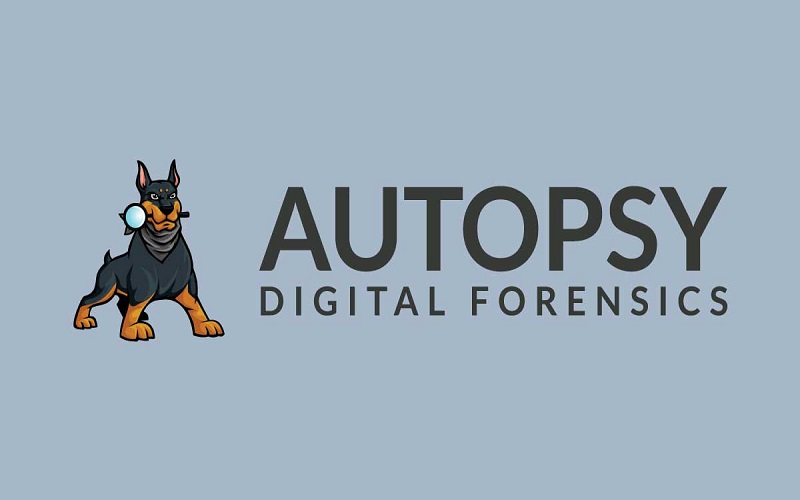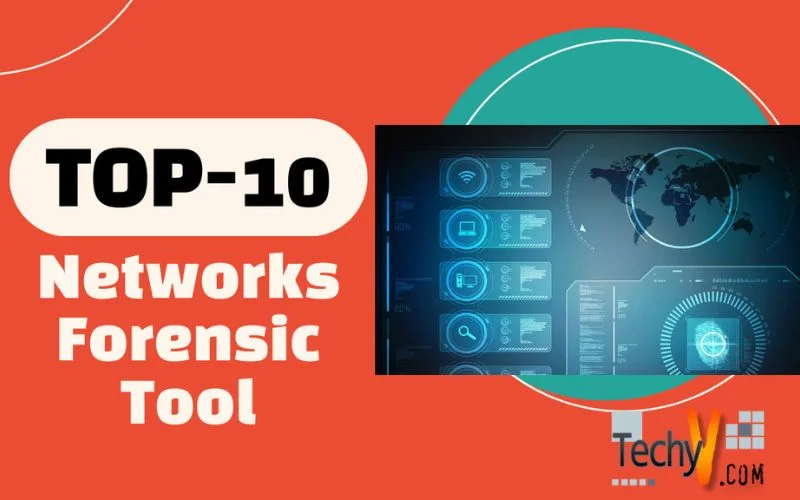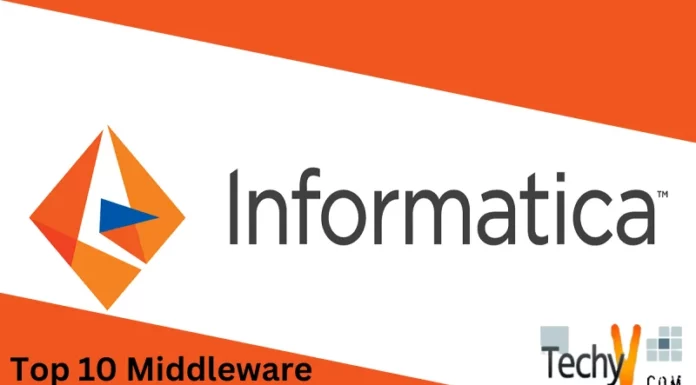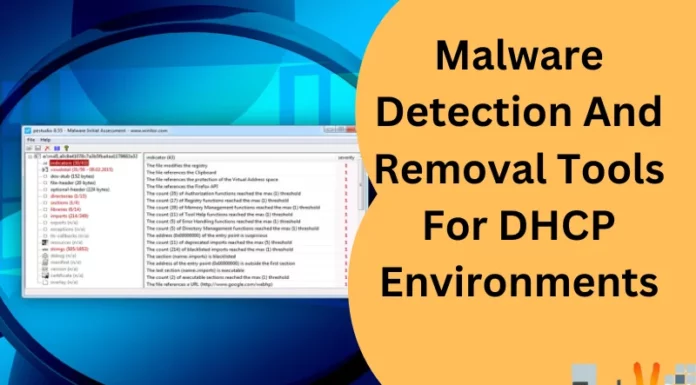Network forensic tools play an important role in investigating cybercrime with the help of digital data. It involves digital and storage devices which help to analyse and track the data easily. Here are the top 10 network forensic tools.
1. Wireshark
It is an open-source tool used for network analysis. It allows real-time data interception and decryption. It supports VoIP and helps to record live events and evaluate them. Wireshark is used to browse online data. Wireshark runs on various OS devices, including Windows, Linux, macOS, etc.

2. Volatility
It allows users to extract various information from active processes, thus making it the best fit for cyber security and imaging purposes in the forensic department. It helps to check malware and allows extracting data from Windows files. They allow the API system to create and expand new opportunities. Volatility operates on various devices such as macOS, Linux, and Windows.
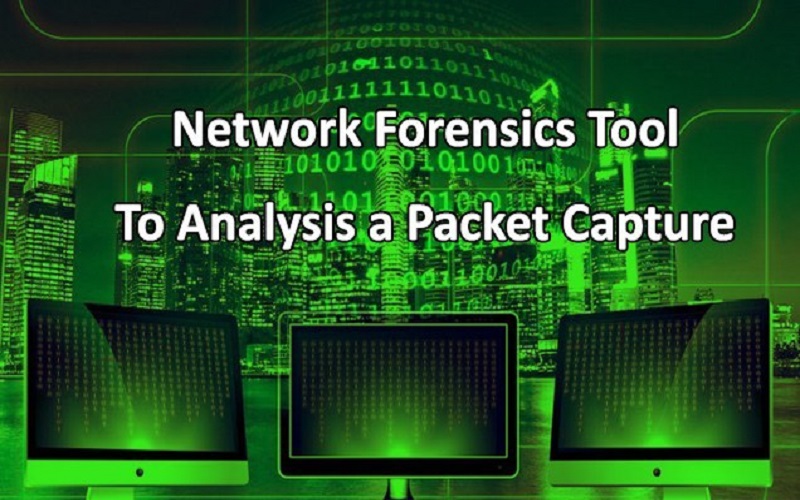
3. MVT
Mobile Verification Toolkit, which decode backup either by encryption or decryption. It helps to trace any malware and creates a report accordingly. It is a user-friendly tool that provides better functionality and allows seeking support from the development team.

4. Oxygen Forensic Suite
It is an open-source forensics program that provides essential evidence from a an intelligent device. It provides security by enabling the password or screen lock feature prompt. It allows easy management, seamless connectivity, and efficient administration.
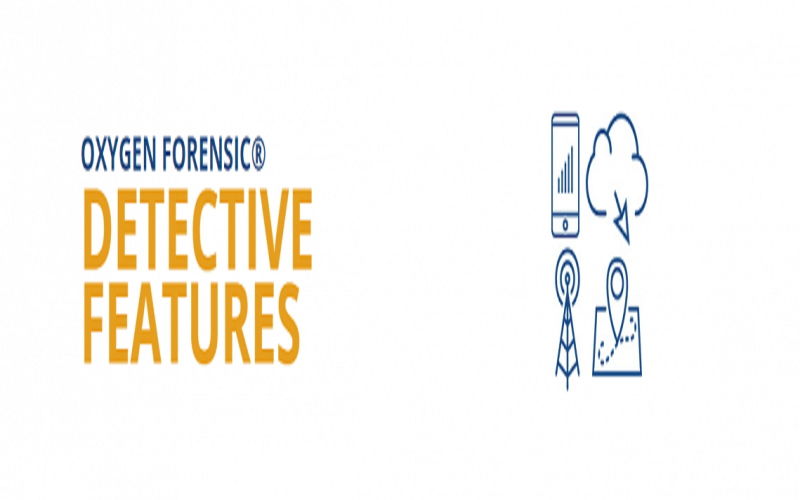
5. CrowdResponse
It is a lightweight program that hosts malware programs by inducing YARA report in case of any breakthrough. YARA is the current running and the listing module. It examines the memory of current processes, including module and disk files. CrowdResponse enables files to export from one format to another, such as – CSV, HTML, TSV, etc.
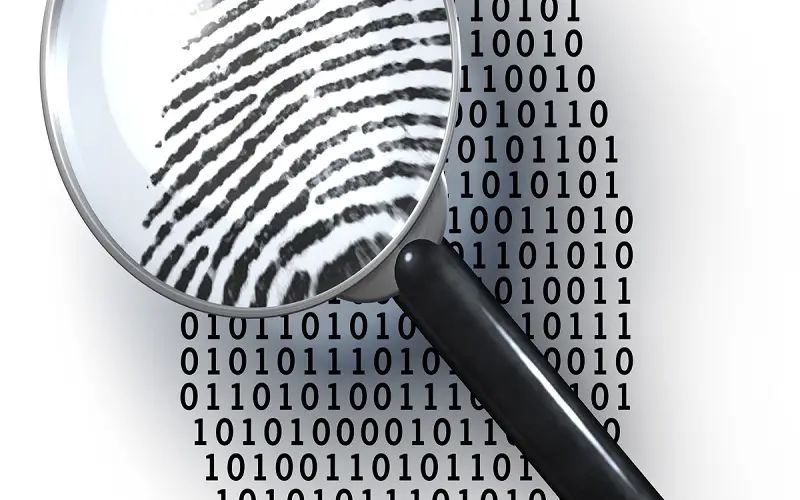
6. CAINE
The Computer-Aided Investigative Environment (CAINE) operates on Windows, Linux, and UNIX operating systems. It is a user-friendly tool that provides various features such as automatic report generation, data recovery, and tools for mobile and network forensics. It enables help during all four phases of the investigation process.

7. FTK Imager
FTK helps to search and export files from forensic images to network drives, local hard disks, CDs, and DVDs. It is useful for evaluating information regarding forensic pictures and view contents in Windows Explorer. FTK allows previewing data, including information on various files and directories.

8. Xplico
Xplico is an open-source program that can extract text or application data from email messages to analyze internet traffic. It supports HTTP, TCP, SIP, IMAP, POP, SMTP, UDP, and IPv6. Some database, such as MySQL or SQLite, is produce in the end. Xplico enables user interfaces. To identify specific protocols, application data must reconstruct.
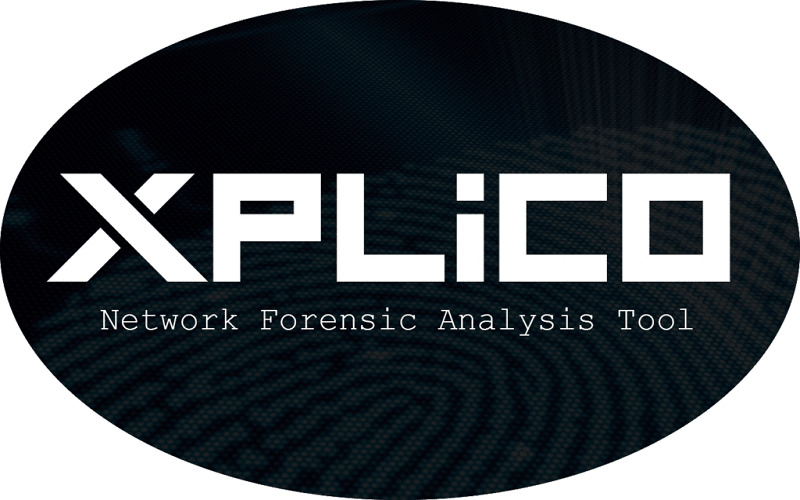
9. SIFT
It is an open-source digital forensic tool based on Ubuntu. It helps to utilize memory properly. It provides deployment on a virtual machine (VM) or installation of Windows via a Linux system. It is useful in analyzing various files, network evidence, and memory images.
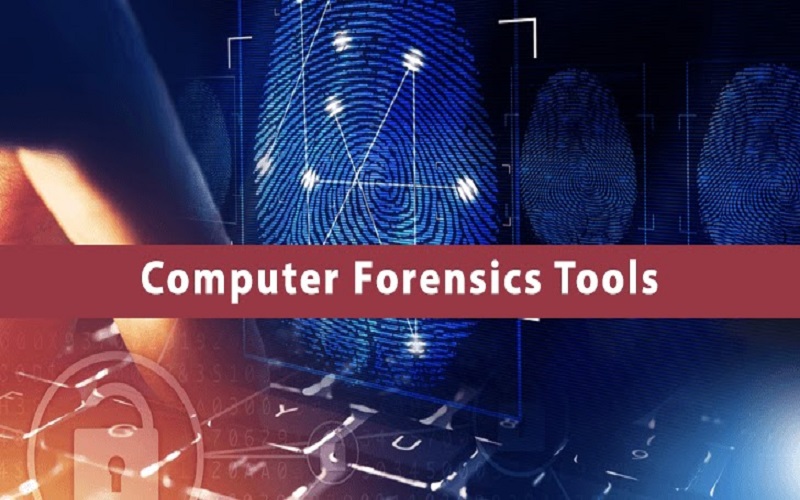
10. Autopsy
Autopsy is an open-source digital forensics platform. It is used to investigate through law enforcement and military power. It allows displaying the results of forensic search, making it easier for investigators to study various data sections. Some features include multi-user cases, timeline analysis, keyword search, web artifacts, registry analysis, robust file system analysis, etc.
